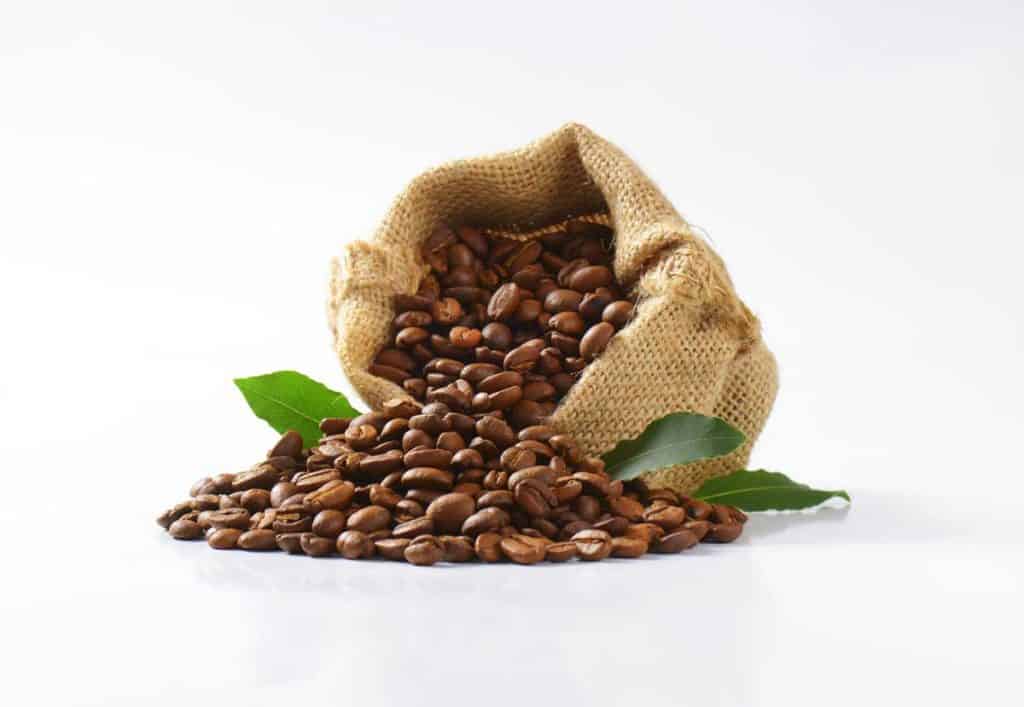Today’s conscientious coffee consumer should cultivate an awareness of both sustainable and Fair Trade coffee brand certifications.
More than just a trendy word thrown around by businesses that want to make themselves look greener, “sustainable” will be a critical value for companies in the years ahead. It is especially important for industries like coffee, which have a significant environmental impact, to practice sustainability.
Alongside sustainability, fair trade helps to ensure economic and social justice. Fairtrade regulations prohibit such practices as employing children and help keep wages fair. These regulations also address many of the environmental issues associated with coffee production.
Third Wave Coffee and Sustainability
As consumers’ view of coffee shifted to see it as an artisanal product amid the rise of third-wave specialty coffee shops, the focus on sustainability and fair trade grew as well. Dedicated coffee drinkers wanted to know more about where their coffee came from and who the growers were. While this introduces the opportunity for more sustainability, it presents challenges as well.
One element of the third wave coffee movement is a demand for higher-quality coffee. Unfortunately, this tends to mean coffee grown at higher altitudes, and the land is scarcer in these areas. Climate change will continue to exacerbate these problems since cooler temperatures are needed for specialty coffee.
Fortunately, sustainable and fair trade organizations worldwide are working with coffee producers to ensure that there are good conditions for workers and good environmental practices in place alongside profits. Diversifying what products are grown instead of using all the land for coffee is one approach that can help the environment and provide more financial stability since producers are less dependent on a single product.
A potential challenge is that more corporations are becoming interested in specialty coffee and maximizing profits with a more mass-market approach compared to the local quirky artisan coffee house. Sustainability is not likely to be part of the bottom line demanded by shareholders, so it is important for sustainable and fair trade coffee organizations and consumers to reinforce these standards and help keep sustainable coffee brands competitive.
Fair Trade coffee and Other Certification
Fairtrade certification is an important innovation and an easy way for consumers to check that they are buying coffee that is produced in environmentally sound and humane conditions. However, it is important to understand that for various reasons, not all sustainable coffee brands will have a fair trade label. Consumers may want to do some research to find out whether their favorite brand is sustainable even if it lacks a label. There are also a number of other labels and organizations that indicate sustainability as well, including certification by the Rainforest Alliance, USDA Organic certification, and coffee certified as bird-friendly by the Smithsonian Migratory Bird Center.

